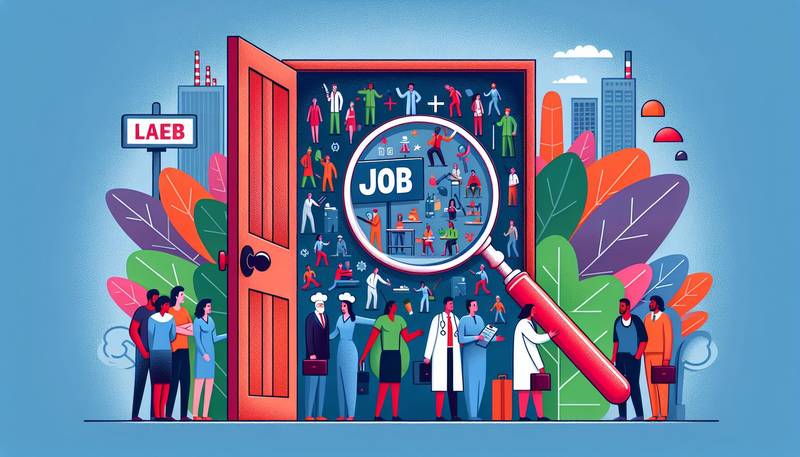The Future of Work: Preparing for Emerging Industries
In order to stay competitive in the job market, it is crucial to adapt to the needs of emerging industries and develop the necessary skills to succeed in the future.
Adapting to Change
With advancements in technology and the rise of automation, many traditional jobs are at risk of being replaced by machines. As a result, individuals need to be adaptable and willing to learn new skills in order to stay relevant in the workforce. It is important to stay informed about emerging industries and the skills that are in demand in order to be prepared for the changes that lie ahead.
Developing Transferable Skills
As industries continue to evolve, it is becoming increasingly important for individuals to develop transferable skills that can be applied across different sectors. Skills such as communication, problem-solving, and critical thinking are essential in any work environment and can help individuals succeed in a variety of industries. By focusing on developing these transferable skills, individuals can position themselves for success in the future job market.
Embracing Technology
In order to thrive in the future of work, individuals must be willing to embrace technology and adapt to new advancements. As automation and artificial intelligence become more prevalent in the workplace, it is important for individuals to be comfortable using technology and be open to learning new tools and software. By embracing technology, individuals can increase their efficiency and productivity, making them more valuable in the workforce.
Continuous Learning
In a rapidly changing job market, continuous learning is essential for staying competitive and adaptable. Individuals should be committed to lifelong learning and seek out opportunities to improve their skills and knowledge. Whether through formal education, online courses, or professional development programs, continuous learning can help individuals stay ahead of the curve and prepare for the demands of emerging industries.
Networking and Collaboration
Building a strong professional network and collaborating with others in the industry can also be crucial for success in the future of work. By connecting with other professionals, individuals can gain valuable insights, stay informed about industry trends, and discover new opportunities for growth and development. Networking and collaboration can help individuals stay relevant and connected in a rapidly changing job market.
Conclusion
As the future of work continues to evolve, it is important for individuals to be proactive in preparing for the changes that lie ahead. By adapting to change, developing transferable skills, embracing technology, committing to continuous learning, and building a strong network, individuals can position themselves for success in emerging industries. With the right mindset and skills, individuals can thrive in the future of work and take advantage of new opportunities for growth and advancement.











